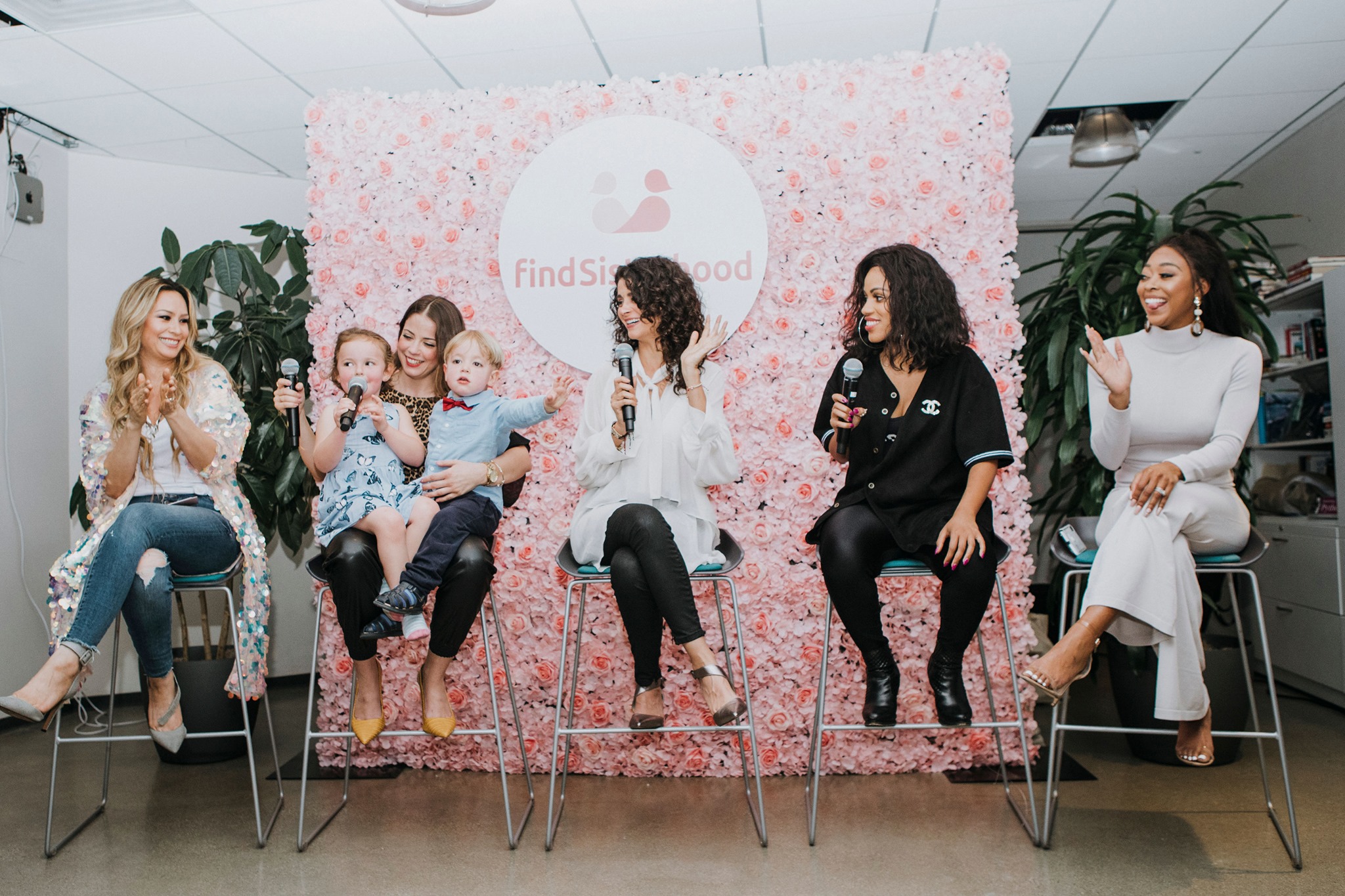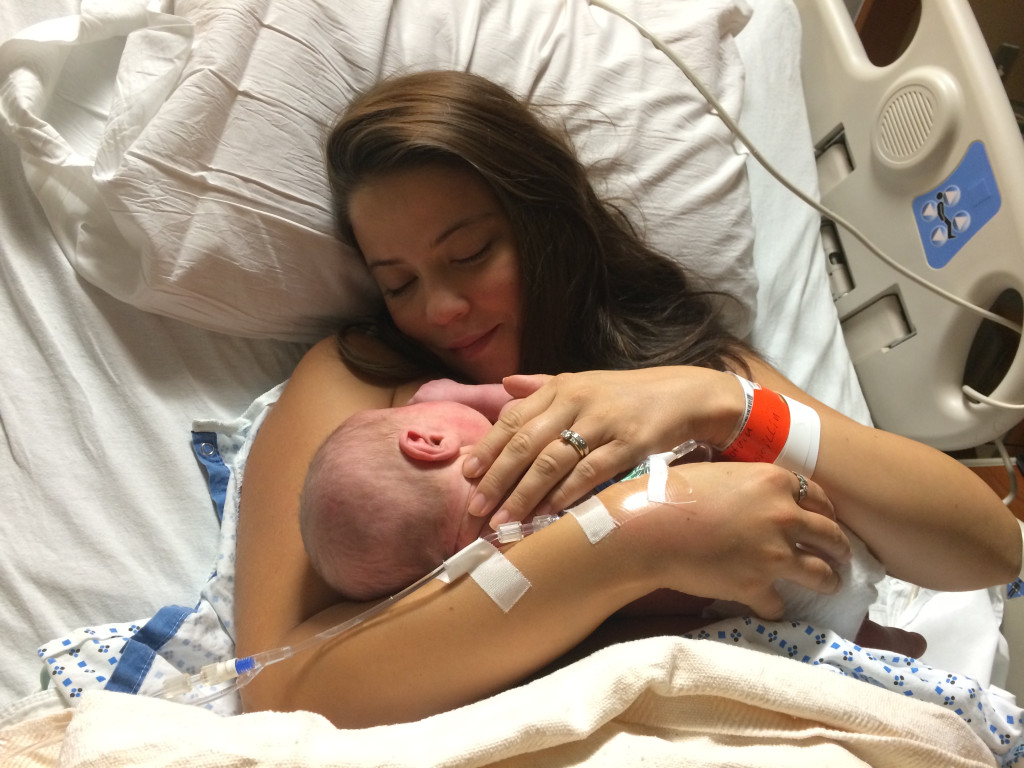Five years ago, I had my first child Leila. It was an emergency c-section in a shitty hospital in Brooklyn far away from home. It was supposed to be a home-birth with a doula and midwife, Sam Cooke playing in the background, candles all over the room, and my mom holding my hands. Only the last one remained true. The rest was my worst nightmare come true.
As a new immigrant (I am half Mexican, half Austrian) and a first-time mom, I tried to make the best out of the situation — adjusting to life as a mom, in a new country with a new language, without a support network. So, I turned to playgrounds and mommy groups to find my tribe. But soon, I realized that I would rather keep to myself how much I was struggling, and that I didn’t have anywhere to turn to even if I wanted to open up. Social media painted this picture of all the beautiful moms holding peacefully sleeping babies in their arms in clean houses. Now don’t get me wrong, I posted the exact same content for my family and friends back home to see. Behind closed doors, however, things looked very different. I had this rage inside of me every time my husband came home. There was no patience at 3 a.m. when our daughter Leila woke up in the middle of the night, and most breastfeeding sessions I spent crying and anxious that I wasn’t producing enough milk. I had postpartum depression. I isolated myself, I struggled, I was angry.
We often see the statistics that millions of women suffer from postpartum depression every year in the U.S. alone. However, when you are in the midst of it, sometimes getting help and asking for it can be very challenging. I struggled with even admitting to myself that something was wrong. During the hours I spent breastfeeding, my only outlet to the outside world was the apps on my phone so I could catch up on what was going on outside the walls of my Brooklyn apartment. I checked my social networks to connect with my friends and catch up on what was going on in their lives, but all I could see was everyone living their best lives constantly.
And that didn’t make me feel safe and OK with sharing my struggles: The late nights locked in the bathroom, sitting on the floor crying and wondering how I would ever become the mom my daughter deserved.
This artificial picture of happiness we all paint on social media has an effect on us. It creates expectations, fears, and it makes us feel lonely. We are so used to only seeing happy content and trying to live up to certain lifestyles, expectations, and mindsets. It can be very challenging to remember that no one has it all figured out.
Out of this feeling my company findSisterhood was born, a social network for everyone identifying as a woman to come together and share what is really going on — without judgment and with lots of kindness and support from your sisters all over the world. I believe there is so much power in women across all generations coming together, sharing their wisdom and telling things how they truly are, without any filter.

With the help of my family and a therapist, and many years of healing, I learned to be OK with not always being OK. It takes a lot of practice and time. But I am slowly getting there.
Here is what helps me:
Be vocal about your struggles
By being vocal, it will empower the people around you in ways you can’t even imagine. When you are having a really tough day, I suggest taking that load off your chest by talking to your support system. Embracing vulnerability doesn’t make you a weak person, in fact, it shows those around you that it’s OK for them to open up, too. This brings us all closer together and creates a culture of empathy and understanding.
Embrace the messiness
Life doesn’t always go as planned, and that’s OK. Sometimes you’ll be too exhausted to clean up the kitchen, after a spontaneous food fight with your toddlers. Embrace those moments. Your kids would take quality time playing with you over a perfectly clean house any day.
Forgive yourself for your shortcomings
No one is perfect. No one has it all figured out. And that’s OK. It makes you human.
Follow us here and subscribe here for all the latest news on how you can keep Thriving.
Stay up to date or catch-up on all our podcasts with Arianna Huffington here.


